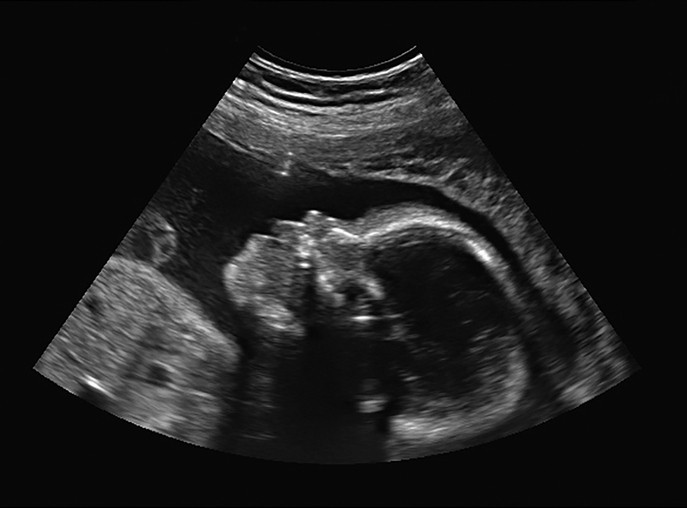Pregnancy fat and sugar diet ‘programs’ mother and child health complications: Mouse Study

Scientist have yielded yet more evidence of the dangers of obesogenic diets in the metabolic systems of both the mother and child.
Whilst there have been numerous associational studies showing the connection between poor diet during pregnancy and adverse health effects, there has been little research into the scientific causes of this connection.
A new study from the University of Cambridge on pregnant mice has shown a diet high in fats and sugars (HFHS) can severely impair metabolic functions, raise the risk of developing non-communicable diseases such as Type 2 Diabetes or hypertension, and increase chances of complication during future pregnancies – a cause of what researchers referred to as ‘metabolic memory’.
These diseases and complications are already a well-known risk for overweight women and women who gain weight before pregnancy – even in small or healthy amounts, but scientists behind the new results say this is the first metabolic explanation of the risks.
Study details

Pregnant mice were fed either balanced or HFHS diets. Those fed the HFHS obesogenic diet developed insulin sensitivity, which in turn compromised the flow of nutrients to the foetus. This observation also impaired development at critical stages of early life in the womb.
Researchers also reported that high insulin sensitivity created by sugar intake resulted in low glucose production, meaning the mother could not generate enough energy to properly sustain the pregnancy.
Important hormonal changes occurring naturally from pregnancy were also interrupted and increased body fat induced what the study described as a 'pre-diabetic' state in the mother, symptoms of which looked similar to gestational diabetes.
Dr. Sferruzzi-Perri explained that “During a normal pregnancy, the mother’s body will change the way it handles nutrients so that some can be freed up for the foetus The mother’s metabolism is shifted to an insulin resistant, glucose intolerant state, such that her own glucose use is limited in favour of foetal supply. We think that in cases where the mother has a high fat, high sugar diet, these metabolic changes are exacerbated or perturbed.”
The damage caused to the infant through disruption of normal nutrient supply was not immediately evident in this study due to the placenta's role in nutrient allocation, however researchers predicted the child would be highly exposed to metabolic dysfunction in later life.
This is born out by other studies showing triple the rates of obesity in children whose parents conceived and have birth when themselves obese.
Source: The Journal of Physiology
Published 2017: DOI: 10.1113/JP273684.
'A Western-style obesogenic diet alters maternal metabolic physiology with consequences for foetal nutrient acquisition in mice'
Authors: Susan E. Ozanne, Abigail L. Fowden, Amanda N. Sferruzzi-Perri




























